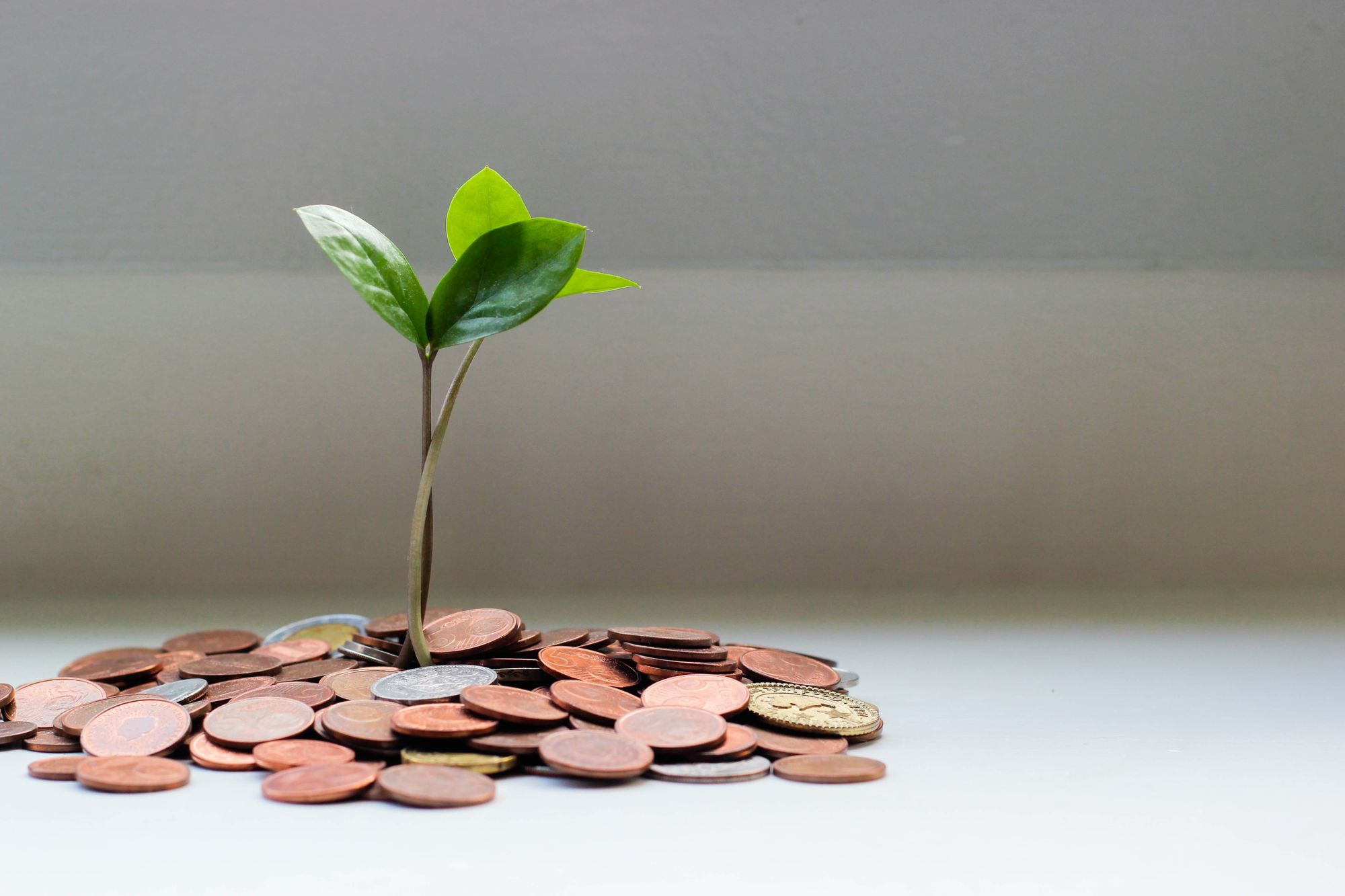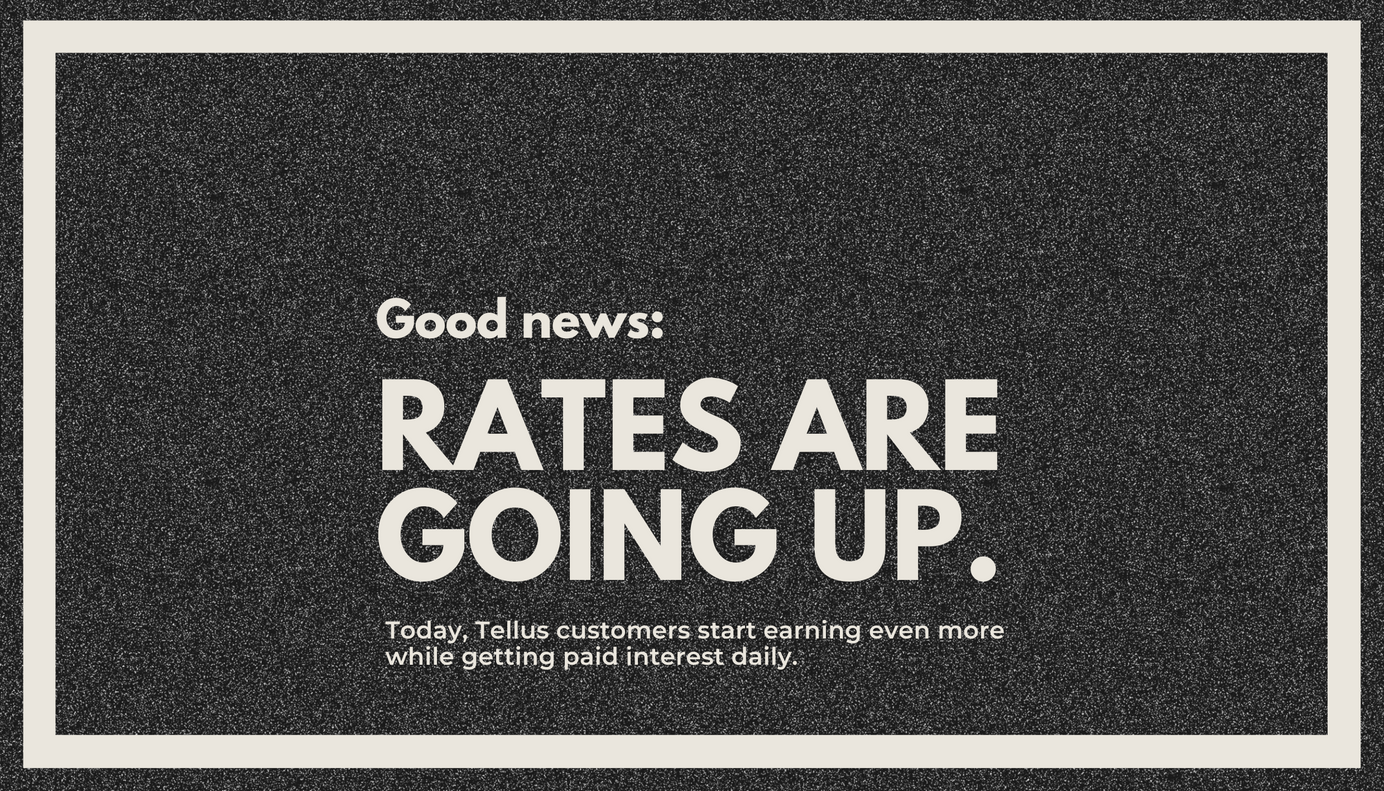
All About Lifestyle Inflation
Lifestyle inflation can happen to anyone. Learning from it and overcoming it is a challenge but can be achieved with these tips!
Lifestyle inflation, sometimes called lifestyle creep, is the tendency to spend more money when your income increases. This is an extremely common phenomenon that many people experience during transitional periods of their life. The term is used mostly negatively and to describe an experience to avoid, but there’s a lot to learn from this common phenomenon.
Although it would be useful for income increases to come with a financial guide on how to spend that money, that is sadly not the case. It takes hard work to change your money habits and achieve your financial goals!
In order to fully understand this, let’s take a dive into the root of the issue.
Where Does Lifestyle Inflation Come From? (3 Examples)
→ Combating imposter syndrome
Lifestyle inflation can come from changes that tend to come along with a higher income. For example, getting a higher paying job could mean that you moved to a bigger city, work for a bigger company, or just graduated college and want to acclimate yourself to this new environment. It’s likely very tempting to live out what you believe to be the fullest potential of this new lifestyle to make yourself fit your idea of this new chapter of your life. Because this is a new change, it is important to set realistic expectations during this period.
→ You deserve nice things!
Being able to afford things that you once only dreamed of can be a difficult temptation to overcome. You worked hard to get this income, and you should be able to reward yourself for all of that hard work! However, these splurges can easily become unnecessary habits that will weigh you down.
You could be living your best Wolf of Wall Street lifestyle! Or, you could be debt-free and conquering various other financial goals that are more important to you in the long-run.
→ Thinking too far ahead
Having excess money now doesn’t mean that will be the case forever. The future is not certain, so only make purchases within your means and consider waiting to make big purchases until you have some savings and are truly able to afford it comfortably.
As the COVID-19 pandemic has taught us, everything can change at any moment. Setting safety nets for yourself (like emergency funds, sinking funds, and so on) is one way to use your power now to look out for your future self.

How to Combat Lifestyle Inflation
Now, let’s take a look at the best ways to keep your financial wellbeing in check.
First and foremost, spending money is not a bad thing. Some levels of lifestyle inflation can be necessary and beneficial. For example, moving into a larger home to accommodate children, spouses, or family is oftentimes necessary. However, it is important to be able to track your spending so that you can come to terms with your expenses. It is more common for income to increase with time, so transitional periods like these are crucial in setting yourself up with a framework for future financial success.
→ Tackle Your Debt! Let this increased income lift the burden of debt from your life, or at least start the process. Without conscious, intentional lifestyle changes, you could still end up living paycheck to paycheck or making just the minimum payments and losing money on debt. Once you are free from your debt, consider starting an emergency fund or investing to grow your income even further.
→ Set Goals that you are excited about and will be motivated to achieve. Try to diversify your goals in size, timing, and difficulty, and use a budget to keep track of them!
You can set aside time every week to check on your progress and adjust as needed. Being able to see the real numbers behind your spending can help you take control of your finances and make your spending decision-making process that much clearer. Since this is your budget, get creative with it and make it your own. Being able to conceptualize your budget in more than one way may help you control your appetite for spending. Try to have something fun, like a countdown until your next big milestone!
→ Set Habits that make sense for you. As shown in a Duke University Study, habits make up about 45% of our day to day activities. Try to assess what habits you currently have and which ones you can switch up to save you some money. A great way to do this is to look at your credit card statement. Really look into each purchase and try to find any trends (do you buy coffee everyday, uber home every Friday, purchase gym classes every month?). While these are often small expenses, they can easily add up.
While looking at your habits, look at both sides: when/where are you saving money and when/where are you spending it? Not only is it important to assess your spending habits, but it is equally important to assess your saving habits. If it helps, look into setting up automated payments to your bills, debt, investments, etc. so that you can have one less thing to worry about.
Final Thoughts
Lifestyle inflation happens to everyone at some point and it is never too late to look at your situation and make changes. Regardless of where you are in your life/career path, it is always useful to have control over your finances and be aware of your cash flows. A healthy relationship with money can even help your physical health! As stated in a 2014 study, 65% of Americans consider money to be a significant stressor in their lives, and there has been a link shown between this significant stressor and impacts on a person’s health and wellbeing.
While the internet is filled with financial advice, keep in mind that your finances are your business. Use advice you find online as a starting point and do research before committing to any big changes. Although lifestyle inflation is surrounded by mostly negative media, you know best when it comes to your own situation.








